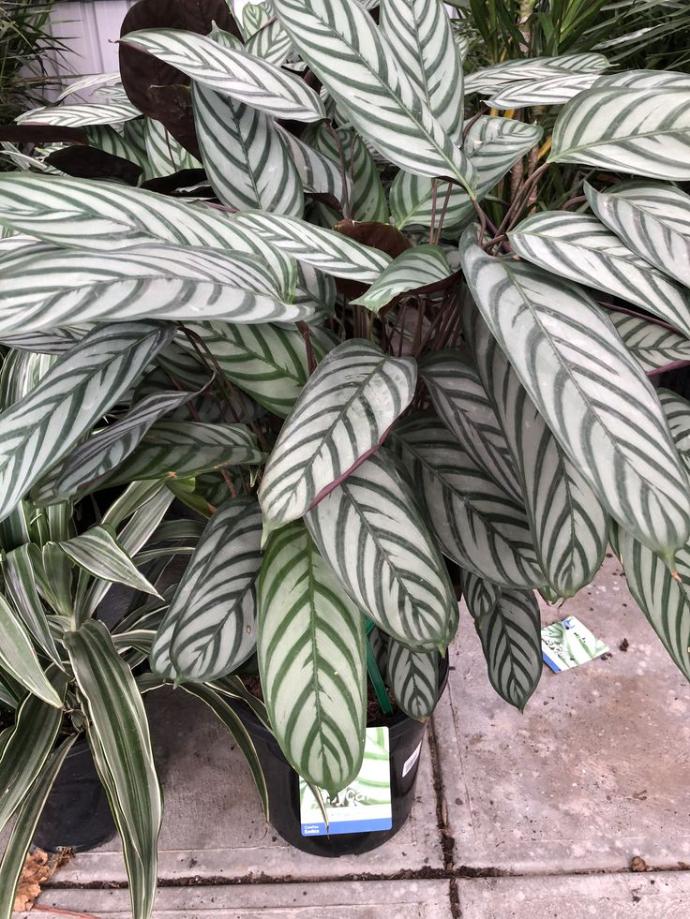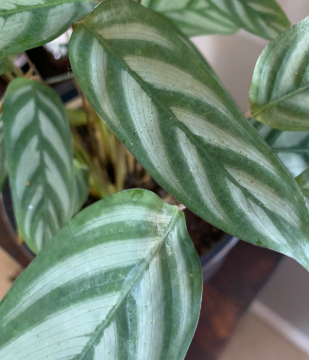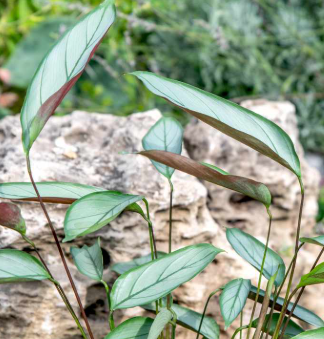Calathea setosa Plant
A beautiful indoor plant with lush foliage, medium growth rate, thriving in well-drained soil and partial shade, and requiring high moisture. |

Habit
Herbaceous
Height
50-80 cm
Growth
Medium
Soil
Well-drained, rich soil
Shade
Partial
Moisture
High
Edible
No
Medicinal
No
Origin
South America
Climatic Condition
Tropical, Humid
Temperature (°)
18 to 27°C
Humidity (%)
60-80%
Potting media
Peat-based mix
Fertilizers
Liquid fertilizer
Watering
Keep soil consistently moist
Plant Weight
500-800 grams
Flowering Time
Rarely flowers indoors
Soil Ph level
5.5 - 6.5
Water Ph level
5.5 - 6.5
Soil EC
1-2 dS/m
Yield Per Plant
Primarily ornamental
NPK ratio
10:10:10
life Span
5-10 years
Health Benefits
Air-purifying properties
Suggested Grow Media or Potting Mix ?
| 40% loam, 30% sand, 30% compost |
Suggested Fertigation/Fertilizers
| Apply monthly with liquid organic fertilizer |
Common Diseases and Remedies
Root Rot, Leaf Spot, Aphids, Spider Mites, Mealybugs
Browning edges, wilting, sticky residue
Sulfur fungicides, systemic insecticides
HEALTH BENEFITS
Calathea plants, commonly known as "prayer plants," offer several health benefits, including:
1. Air Purification – Calathea plants help improve indoor air quality by filtering toxins like formaldehyde and carbon monoxide.
2. Humidity Regulation – They release moisture into the air, preventing dryness and improving respiratory health.
3. Stress Reduction – Their lush foliage and striking patterns create a calming indoor environment, reducing stress and anxiety.
4. Improved Sleep – The high oxygen release at night makes them excellent bedroom plants, promoting better sleep.
5. Non-Toxicity – Safe for pets and children, unlike many other houseplants.

